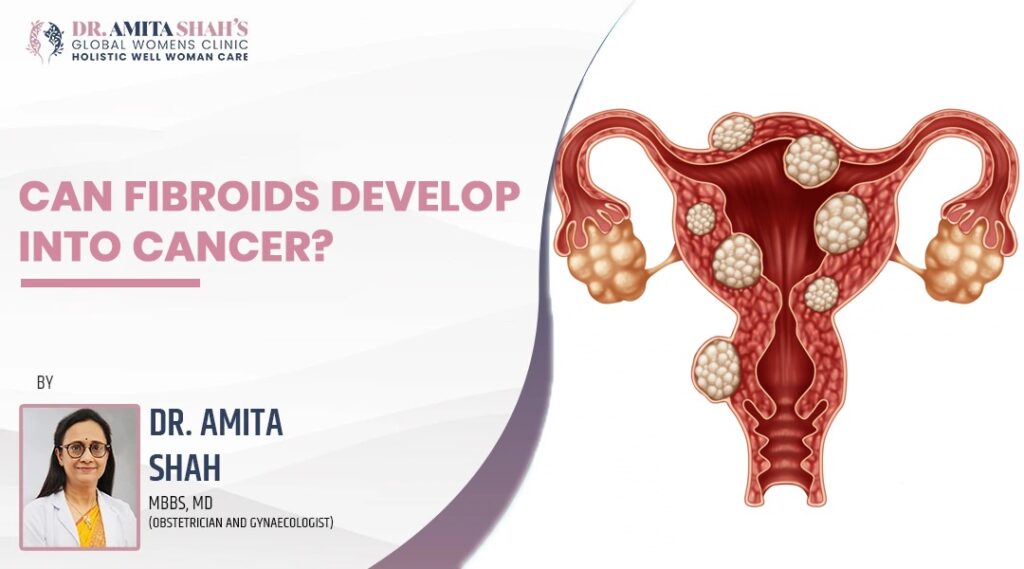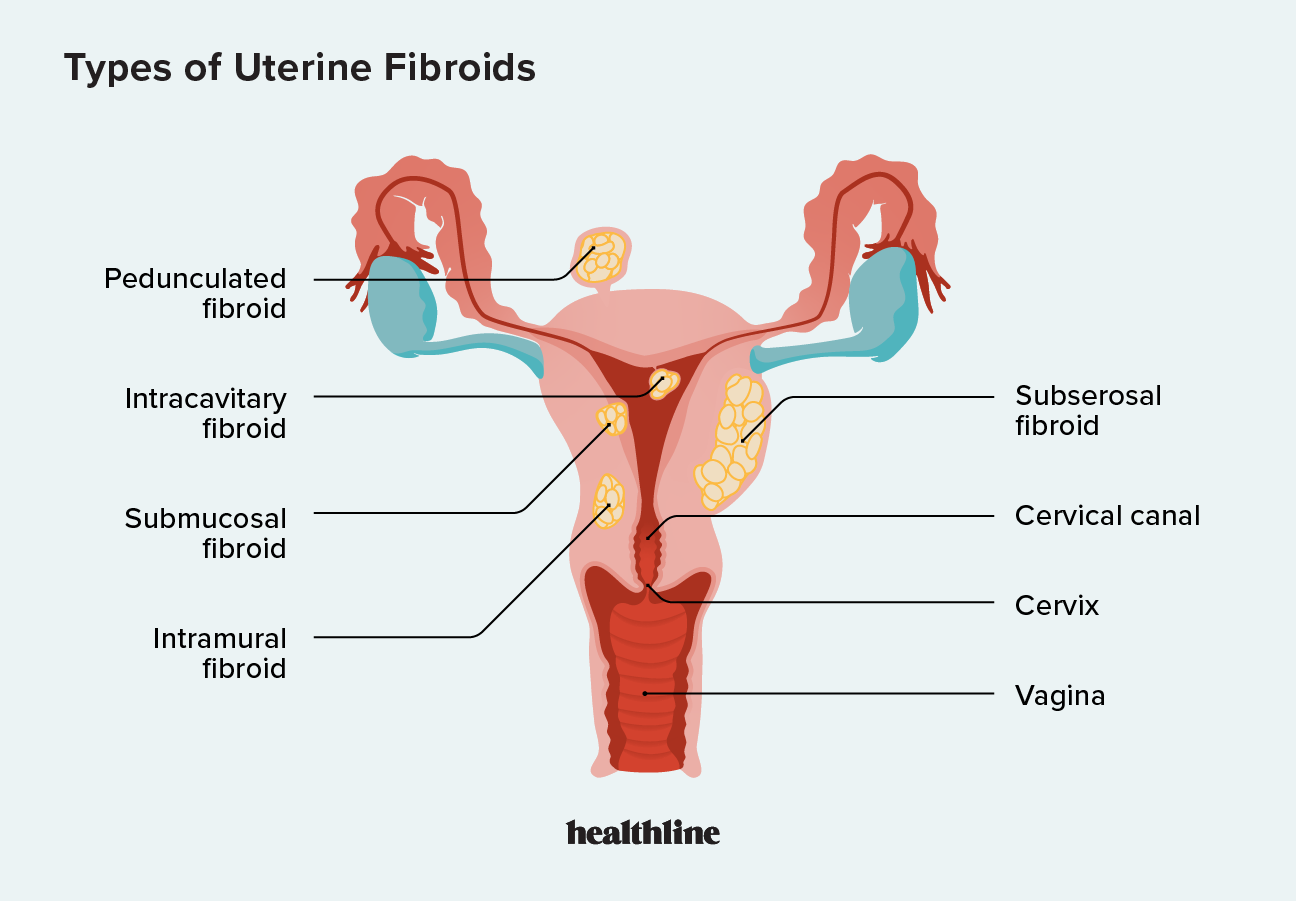Fibroids & Cancer: What You Need To Know - Plus FAQs
Can a seemingly harmless uterine fibroid become a life-threatening diagnosis? The overwhelming answer is no, but understanding the nuances of this medical reality is crucial for every woman.
Fibroids and uterine cancer can, unfortunately, present with similar symptoms. This can create a complex landscape for diagnosis, as both conditions may manifest with irregular bleeding, pelvic pain, and pressure. Its a situation where careful examination and a comprehensive understanding of the patients medical history are essential. The potential for misdiagnosis underscores the need for meticulous attention to detail from medical professionals.
The question on everyone's mind is, can fibroids turn into cancer? The simple answer is that uterine fibroids are usually benign tumors. Uterine fibroids, also known as leiomyomas, are almost always benign. This means that they are not cancerous and do not spread to other parts of the body. However, its a medical truth that life, especially concerning health, can be unpredictable.
- Troubleshooting Google Search No Results Try This
- Ronaldinhos Net Worth How Rich Is The Football Legend
In most instances, uterine fibroids are harmless and do not increase a woman's risk of developing uterine or other gynecological cancers. They are, for the vast majority of women, a manageable condition, even if they cause symptoms. What's uncommon, however, is fibroid cancer. When cancerous fibroids form, they are called leiomyosarcoma. This is a mesenchymal cancer arising from the smooth muscle and supporting tissue of the uterine muscular layer (myometrium). Its a rare disease that's usually related to other types of cancer that you may have had.
The fact is, the risk of a fibroid turning into cancer is very small less than 1 in 1,000. A cancerous growth can, in rare instances, hide within a fibroid. If that's the case, it's critical to get treatment right away as this type of cancer can spread quickly. Therefore, vigilance is key. Regular check-ups and open communication with your healthcare provider are essential for early detection and intervention, should it be necessary.
Let's look at some key facts and the differences between uterine fibroids and uterine cancer.
- Sam Suleks Height How Tall Is He Really Height Analysis
- Movierulz 2025 Kannada Movies Trailers Showtimes Watch Now
| Feature | Uterine Fibroids | Uterine Cancer |
|---|---|---|
| Nature | Benign tumors (non-cancerous) | Malignant tumors (cancerous) |
| Origin | Develop in the smooth muscle of the uterus | Develop in the cells of the uterus (endometrium or myometrium) |
| Risk of Cancer | Do not increase the risk of uterine cancer | Cancerous; can spread to other parts of the body |
| Symptoms | Heavy menstrual bleeding, pelvic pain, pressure | Abnormal vaginal bleeding, pelvic pain, changes in bowel or bladder habits |
| Treatment | Observation, medication, surgery (myomectomy, hysterectomy) | Surgery, radiation therapy, chemotherapy |
Source: Mayo Clinic
It's important to note that while uterine fibroids themselves are not cancerous, it is possible for a cancerous growth to be present within a fibroid. In the rare instances of leiomyosarcoma, the cancer can spread rapidly. This is why its crucial to get treatment immediately.
This is where the lines can blur. Sometimes masses seen on ultrasound can look like fibroids, but turn out to be cancer. In women with uterine masses that are causing symptoms, just one in every 200 to 500 is a cancerous tumor. Thats why thorough investigations are essential. The main difference between uterine cancer and fibroids is that uterine cancer involves the development of a cancerous tumor, while fibroids are noncancerous tumors. A myomectomy, a procedure to remove fibroids, carries its own considerations, especially when reproductive plans are a factor. If fibroids arent causing symptoms, you and your doctor may choose to leave them alone. However, the decision needs to be made in consultation with a healthcare professional.
For a woman who is experiencing symptoms, such as pain, bleeding, and pressure, it is important to consult with a gynecologist who can perform the necessary tests to determine the cause of the symptoms. The diagnostic process typically involves a combination of a physical exam, imaging tests (such as ultrasound or MRI), and potentially a biopsy to get the right answer.
There are situations where a cancerous tumor is discovered during surgery to remove fibroids, which is extremely rare. The good news is that the vast majority of fibroids are benign. In over 99% of cases, fibroids do not increase the risk for developing uterine cancer. Though there have been a few case reports that show a transition of a benign leiomyoma into a cancerous leiomyosarcoma, researchers argue that the malignant transformation is unproven.
The term "fibrocystic disease" is a normal finding in many women. This is a reminder that many changes occurring in the body are harmless. A family history of uterine fibroids, having obesity, and getting your first period before you turn 11 can all increase your risk of developing uterine fibroids. Race can also be a factor uterine fibroids are two to three times more common among black women than white women. However, this doesn't mean the fibroids themselves become cancerous more often. It's important to keep perspective. The odds of developing a cancerous fibroid are extremely low (the rate is less than one in 1,000.)
Medical professionals are the best resource for understanding the difference between uterine fibroids and uterine cancer. If you're experiencing any new or unusual symptoms, or if something simply doesn't feel right, consult with your doctor. It's about taking control of your health. And when fibroids turn out to be something else, the most important thing is to have the right information and a plan.
:max_bytes(150000):strip_icc()/things-to-know-uterine-fibroid-tumors-3522376-5c61cc4a46e0fb0001f08e79.png)


Detail Author:
- Name : Prof. Silas Hettinger II
- Username : marvin.dannie
- Email : idella.bernhard@gmail.com
- Birthdate : 1981-06-04
- Address : 923 Beatty Forges Jaceburgh, MD 57906-1716
- Phone : +1 (805) 783-9543
- Company : Considine-Murphy
- Job : Housekeeper
- Bio : Et similique exercitationem et omnis tempora ea. Neque possimus non illum sunt maiores. Rerum quod maiores eum officia. Cumque inventore non facere quisquam nobis molestiae illum.
Socials
tiktok:
- url : https://tiktok.com/@sdaniel
- username : sdaniel
- bio : Eaque itaque in voluptate impedit.
- followers : 3505
- following : 377
instagram:
- url : https://instagram.com/sdaniel
- username : sdaniel
- bio : Est modi minima illo nihil sed architecto esse sed. Inventore non doloremque rerum ut omnis.
- followers : 6440
- following : 2989
linkedin:
- url : https://linkedin.com/in/serenity_dev
- username : serenity_dev
- bio : Porro suscipit impedit autem quia.
- followers : 1006
- following : 2641
facebook:
- url : https://facebook.com/serenity_id
- username : serenity_id
- bio : Vitae odio tempora dicta dolor itaque voluptatum aut.
- followers : 1024
- following : 1612